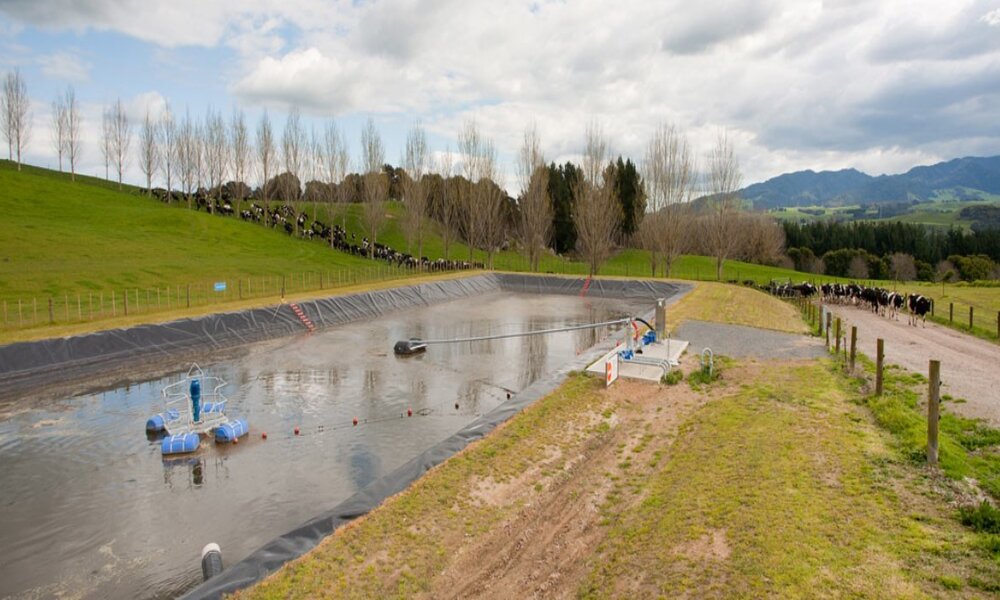
To meet water demands in a renewable fashion, effluent ponds serve as a popular method to treat and manage wastewater. They offer a wide range of benefits that extend to the ecosystem, urban resources, budgeting, and public health and safety. Needless to say that they’re a valuable asset for communities everywhere.
Unfortunately, many aren’t as aware of the benefits that effluent management technology offers in the current climate. This can deprive territories that don’t have them yet of substantial long-term fixes for a lot of endemic problems. So, let’s go right ahead and delve into why effluent pond technology is a critical tool for sustainable development.
Reducing Pollution
Effluent treatment is designed to process wastewater from various sources, including households, industries, and agriculture. By doing so, effluent pond technology reduces the amount of pollutants that enter our water bodies.
This helps prevent contamination of agricultural land and natural ecosystems by restoring water quality. Effluent ponds use effective processes such as sedimentation, biological decomposition, and oxidation to remove contaminants from wastewater.
Maximizes Water Use
Effluent pond technology allows for the safe reuse of treated water for irrigation, industrial processes, and other non-potable uses. This reduces the demand for freshwater, conserves water resources, and helps in drought-prone areas.
A lot of crops might actually benefit from some of the leftover organic or inorganic by-products in the effluent. Of course, it should contain them in the right amounts. Furthermore, wastewater ponds help to replenish groundwater supplies, making them a sustainable water management solution.
Superior Standard of Community Living
Effluent plants are a boon to communities. By providing access to safe and clean water, effluent pond technology enhances community living standards. The technology also reduces the spread of waterborne diseases such as cholera, typhoid, and dysentery; All of these can have devastating consequences for public health. They also help to mitigate factors that can negatively impact community aesthetics. These generally involve bad odors and unsightly views associated with wastewater management.
Improving Public Health
Effluent technology improves public health by reducing the spread of waterborne diseases. When wastewater is not treated properly, it can become a breeding ground for disease-causing organisms. Some types of wastewater contain heavy metals, which can damage crops and hamper food chains.
By treating wastewater, effluent pond technology removes these contaminants, making water safe for reuse and preventing disease outbreaks. Effluent pond technology also reduces the likelihood of mosquito breeding, as stagnant wastewater is a breeding ground for mosquitoes that can transmit diseases such as dengue and malaria.
Stimulates the Economy
Effluent management technology creates job opportunities in construction, operation, and maintenance, leading to economic growth. It also stimulates the economy by increasing access to clean water, which is essential for various industries.
Furthermore, effluent technology can reduce the cost of wastewater treatment. This leads to cost savings for industries and households and promotes economic development.
Efficient Energy Consumption
Effluent technology is an energy-efficient method of wastewater treatment. The process requires minimal energy input, making it an eco-friendly solution.
Furthermore, effluent ponds can be designed to generate renewable energy, such as biogas, through the anaerobic digestion of organic matter. This not only reduces energy consumption but also provides a renewable source of energy, promoting sustainability.
Compliant Practices
Effluent technology is designed to meet regulatory standards for wastewater treatment. By using this technology, industries and households can comply with regulations and avoid fines or legal action. Effluent ponds are also adaptable to meet changing regulations, making them a future-proof solution for wastewater treatment.
Conclusion
Effluent pond technology is a versatile and sustainable solution for wastewater treatment. It provides a host of benefits long-term and widespread economic, environmental, hygiene, and safety benefits.
Their impact is felt in a wide range of industries as well. To summarize, they are an essential tool for sustainable development and must be embraced by communities and industries worldwide.



